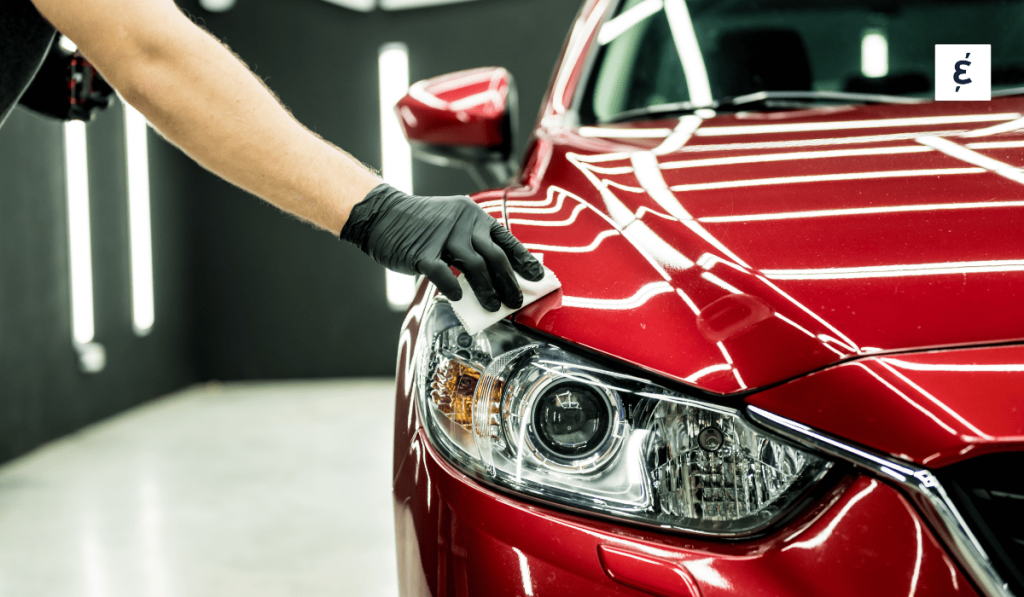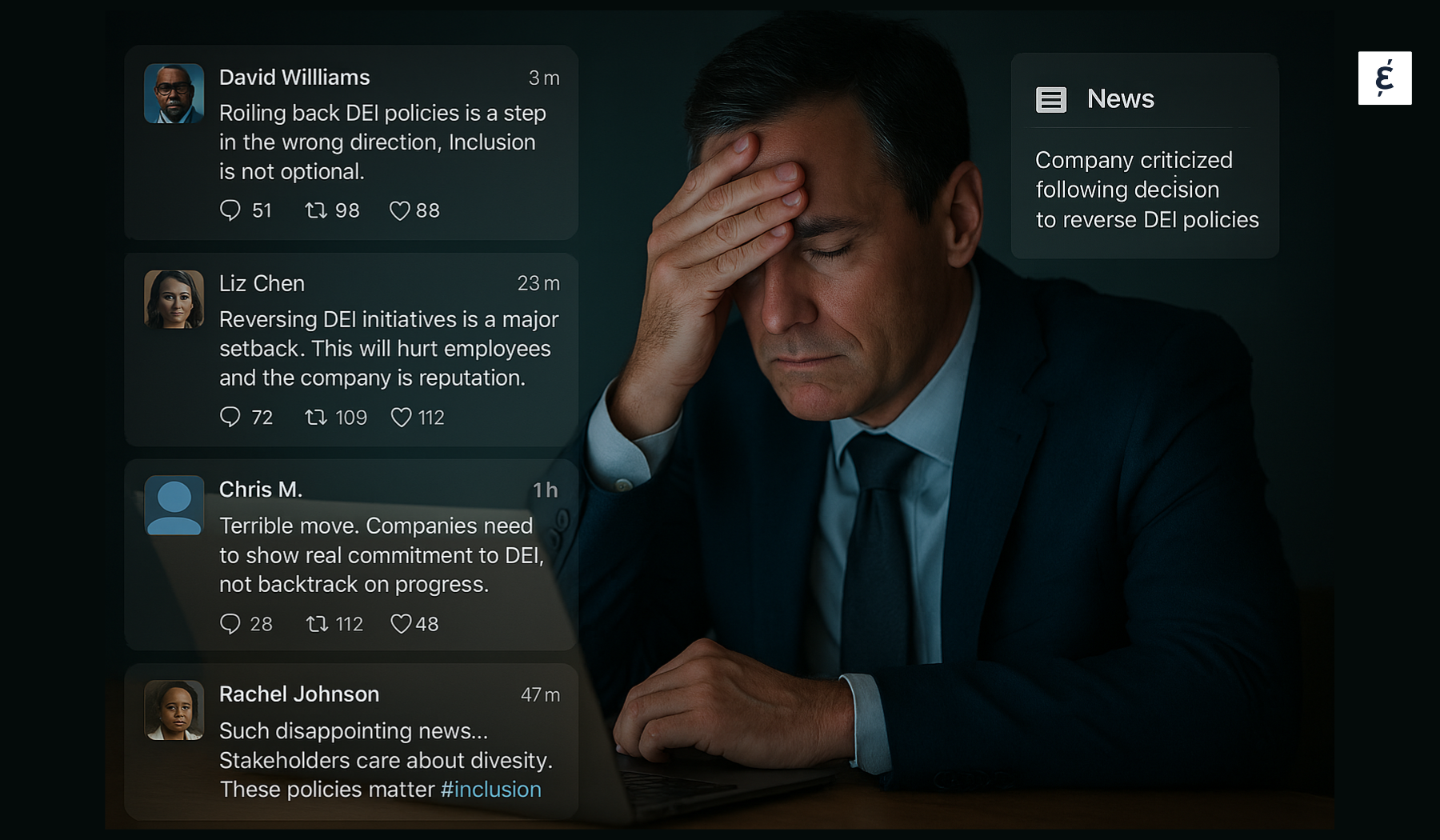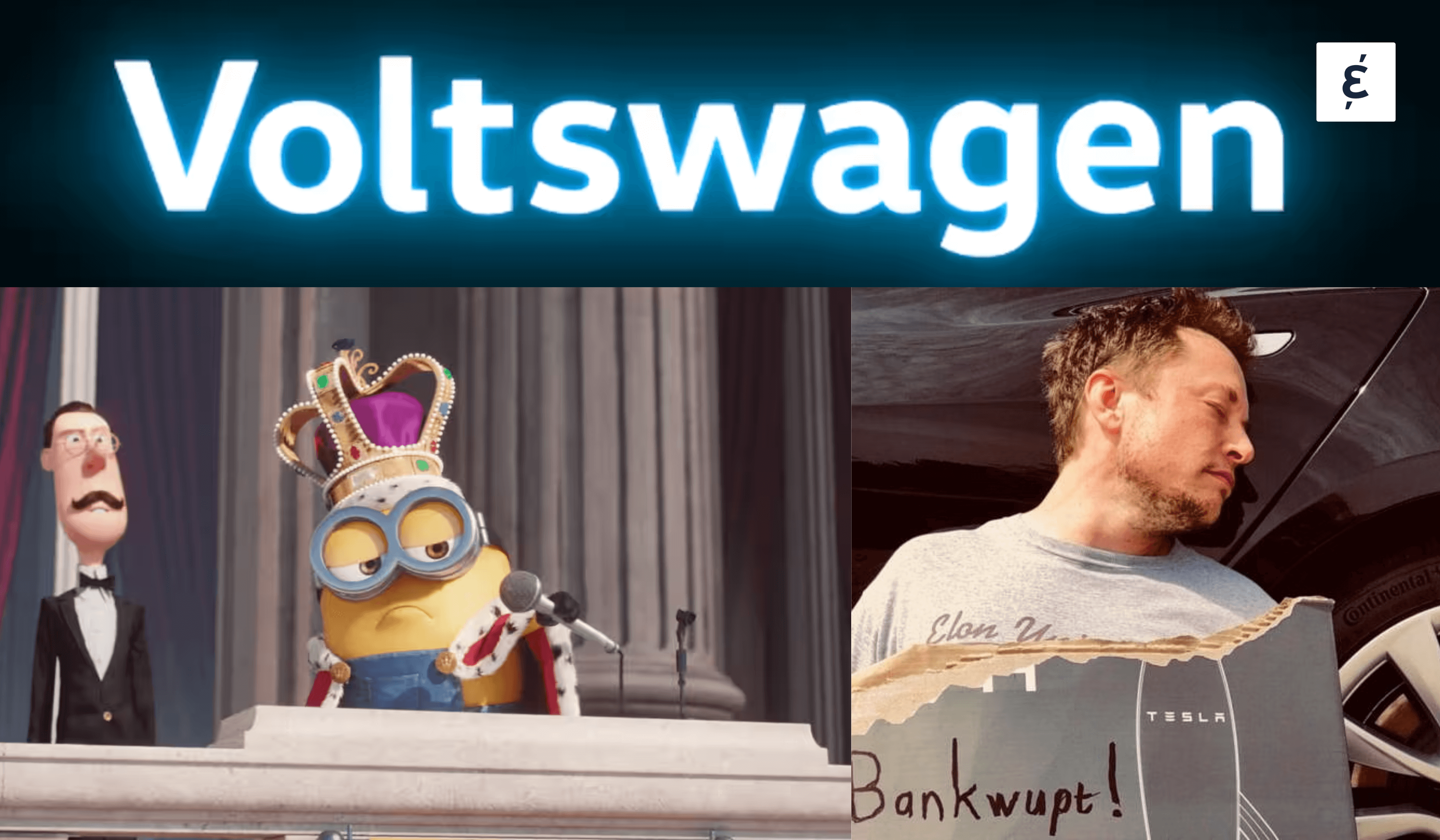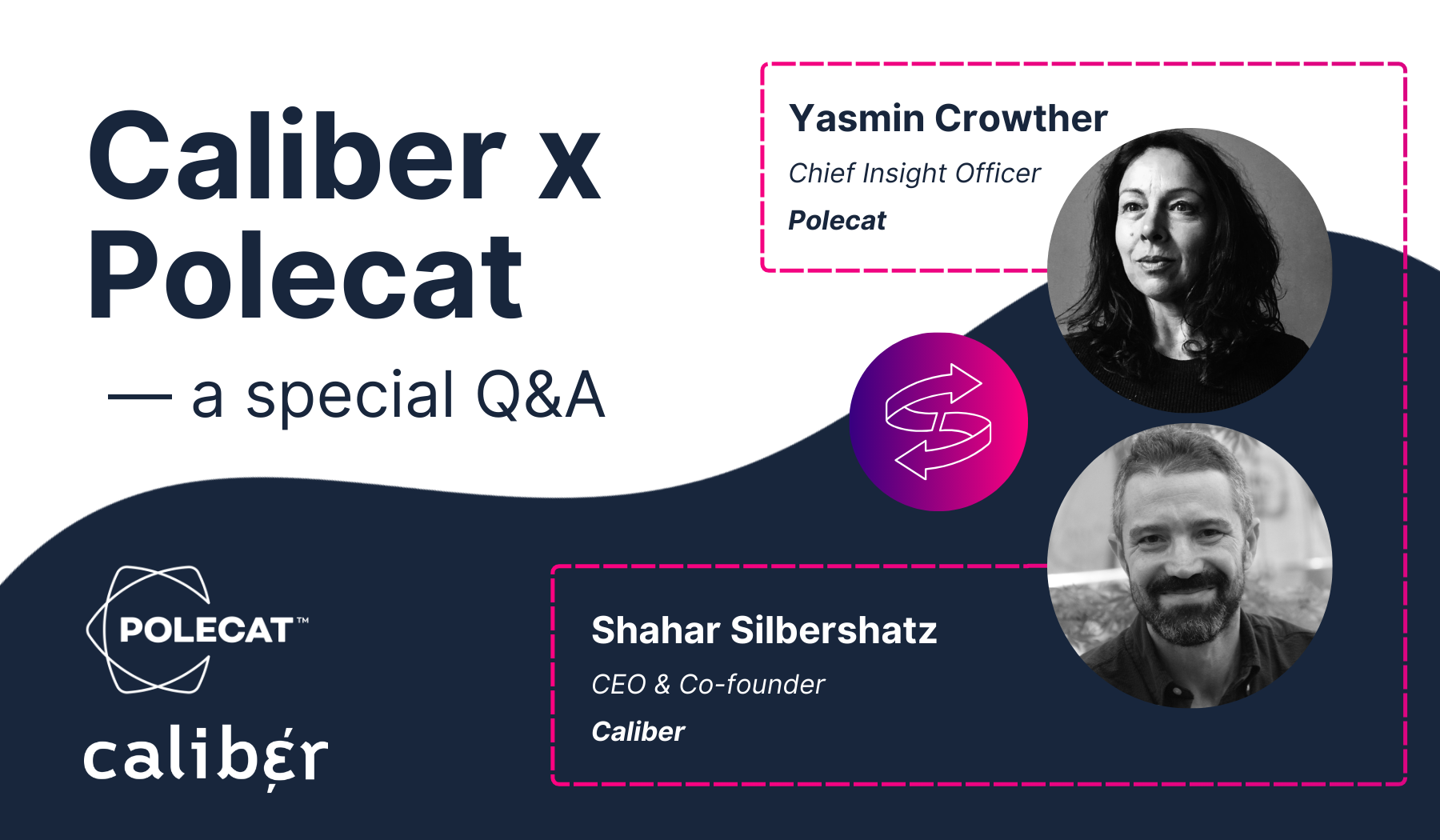

The automotive industry is facing its biggest challenge to date as the electrification revolution converges with new mobility needs and ways of delivering on these needs spurred on by the COVID-19 pandemic.
The industry will change dramatically over the next decade, and the question is how perceptions of automakers will develop as they transform from manufacturers to service providers, and from being ‘climate sinners’ to playing a key part in reducing the global carbon footprint.
The Automotive industry has been through many historical shifts that have had an impact on the development of the industry. In the early years, changes were driven by a need to scale production to make it faster and make cars more accessible to a larger number of people.
As automobiles grew in popularity, ownership became a symbol of accomplishment, and vehicle performance and luxury became competitive parameters for manufacturers and customers alike.
At the cusp of the 1960s, Volvo introduced seat belts to their cars, and later in the decade, the airbag was invented marking safety as a focal point for manufacturers to deliver on. In the 70s, the Clean Air Act mandated the introduction of catalytic converters, which cut exhaust emissions significantly and turned customer attention to the environmental impact of their vehicles.
Since then, first the Toyota Prius and more recently Tesla’s cars have been part of disrupting the industry, shifting it towards electrification as a substitute for fossil fuel engines.
Read more about the history of the automaker industry on History.com
While the revolution of electrification has only just started to catch on, it has, along with other technological advancements such as 5G, IOT (Internet of Things), autonomous vehicles, artificial intelligence, and big data analytics, meant that we are now entering a new phase for the automotive industry.
In this phase, personal mobility will likely be disrupted from multiple angles, as customers and society at large discuss the environmental impact of transportation, but also flexible ownership models, mobility services, and the general use of individual time spent in transport.
Automotive companies will naturally play a large part in this transformation and will be assessed by stakeholders on their ability to adapt to this new reality for the industry.
The Automotive industry today still has a solid reputation globally, as our recent report on the industry suggests – most favorably perceived on product offering and innovation, and least on being relevant and inspirational.
This dichotomy in the perception profile suggests the overall contested nature of the industry and points to the impact of the above-mentioned shift in the market towards electrification, new mobility needs and environmental impact.
Perceived relevance and inspiration, once perhaps connected to product features and performance, seem now to be more driven by the ability to deliver on industry issues.
According to our report, the most important issues that people worldwide believe the industry should deliver on continue to be safety, cost, and quality of products. However, issues like producing electric cars with long-range batteries, providing more accessible recharging options, and producing cars that are more environmentally friendly throughout their whole life cycle, have also become important. Solving these issues will be key to ensure stakeholder support, and interest from customers.
The current outlook for future car ownership sees more than one-third considering an electric car as their next purchase, and the percentage is even higher in emerging markets like Brazil and China with a fast-growing middle class.
Additionally, those purchasing their first vehicle, substituting their current or planning to purchase another vehicle in the next five-years will consider new attributes such as artificial intelligence and driverless cars when making a purchasing choice.
This movement of customer preferences to consider not only cost, quality, and safety, but also environmental impact and advanced technology, applies decisive pressure on the industry to innovate and do so fast – to be seen as relevant and inspirational, and ultimately win the trust and affinity of stakeholders.
To top it all off, the changing technological infrastructure converges with a contemporary catalyst for change ushered in by the COVID-19 pandemic. Recent reports from Valtech and YouGov confirm that the preference for personal mobility vs. public transportation has gone up because of the pandemic and the consequential need for a clean and safe personal space during transport.
However, this doesn’t unequivocally mean that people will buy more cars. New preferences for MaaS (Mobility as a Service) have been starting to rise with the subscription service market on track to quadruple by 2027. What this shows is that some customers are becoming less interested in owning their own vehicles, and with it the prestige or status of ownership, and instead becoming more focused on transport as a service.
Despite having been through many historical shifts, the industry is now going through an unprecedented shakedown. The coming years will be extremely challenging with not just one or two disruptive issues to focus on, but several foundational issues to take a proactive stance on. The winners in this shakedown will be those who can satisfy the changing expectations of stakeholders and build trust in volatile times.
Things are moving fast, and automakers and those working with the industry must stay on top of understanding the perceptions of their stakeholders in real-time. The Caliber Real-Time Tracker allows companies to access real-time data on a wide array of stakeholders to be able to make important decisions, soundly and fast. Contact us to learn more.C






© 2024 Group Caliber | All Rights Reserved | VAT: DK39314320